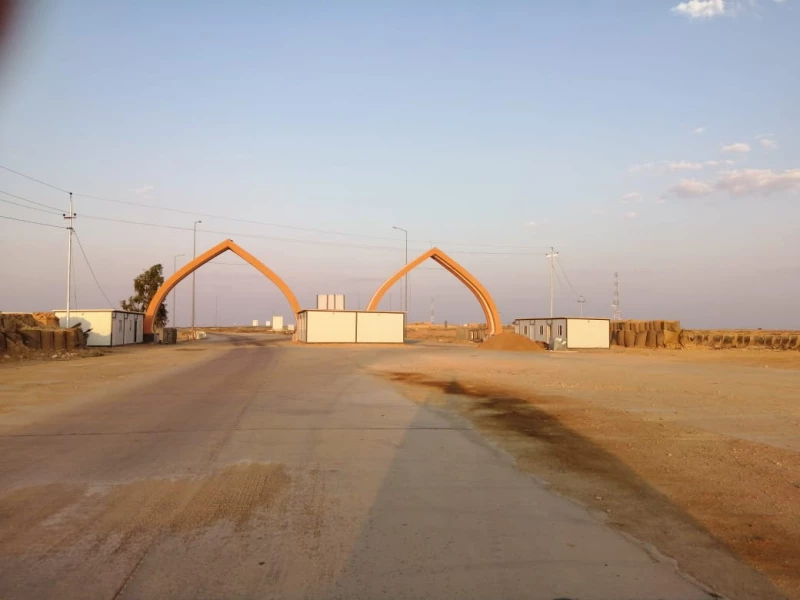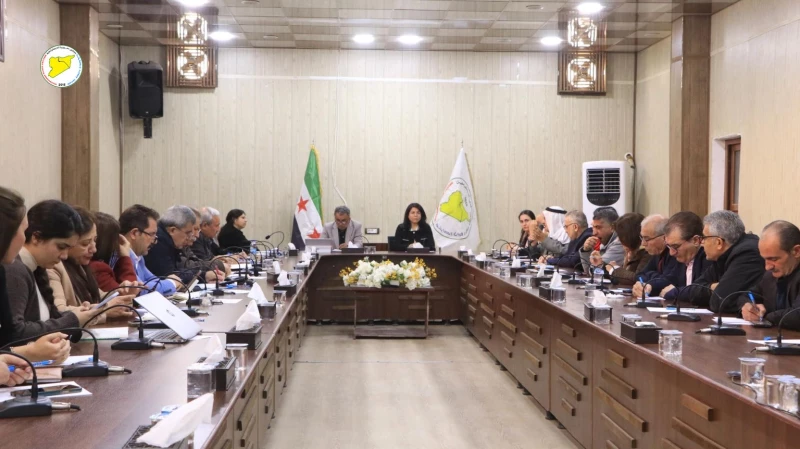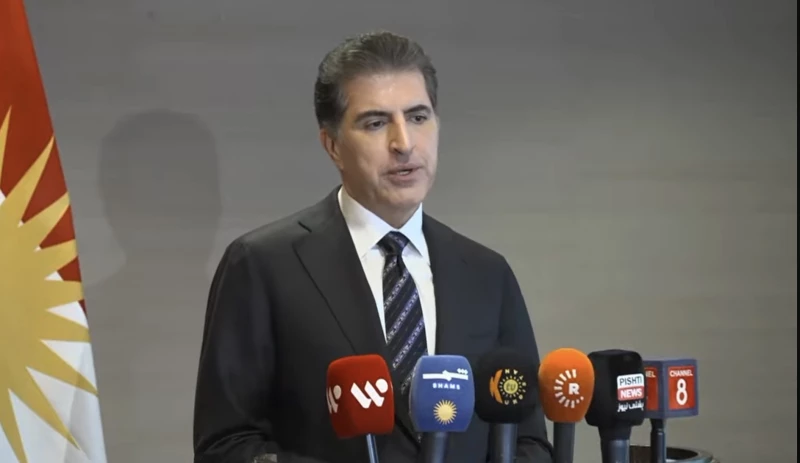HALABJA, Kurdistan Region of Iraq - Syrian President Ahmed al-Sharaa on Wednesday delivered his country’s remarks at the UN General Assembly (UNGA), marking a substantial shift in his global perception since taking office.
By attending the high-level General Debate and delivering a speech, Sharaa ended a 54-year hiatus by Syrian presidents at the UNGA, which brings together top leaders and heads of state from around the world.
“For 60 years, Syria has been under the yoke of a brutal, oppressive regime that ignores the value of the land it rules and oppresses the friendly, peaceful people. Our people endured years of injustice, oppression and deprivation, then revolted, calling for their freedom and dignity, only to be met with killing, torture, burning, rape and displacement.”
“We have won the battle for the oppressed, the tortured, the forcibly displaced, for the mothers of the martyrs and the missing. We have won for all of you, O world. With this victory, Syria has transformed from a country exporting crises into a historic opportunity to bring stability, peace, and prosperity to Syria and the entire region,” Sharaa said in his speech.
Sharaa’s appearance at the UNGA marks a paradigm shift in his global image compared to how he was percieved prior to assuming power in Syria; going from being an al-Qaeda associate and the commander of the Hayat Tahrir al-Sham (HTS), to hosted in New York for the UN’s highest-profile annual event.
The Syrian leader expressed gratitude for all countries and bodies that have supported the Syrian revolution and the new administration during the transition phase.
In regard to the escalations with Israel, Sharaa reaffirmed that “Syria is committed to dialogue, and we are committed to the Disengagement Agreement of 1974, and we call on the international community to stand beside us in the face of these [Israeli] attacks,” referencing the five-decade-old ceasefire agreement signed between the two neighboring countries per which Syria ceded control of the disputed Golan Heights.
Since Sharaa’s ascension to power, Israeli airstrikes have targeted myriad sites across Syria, including capital Damascus, under the pretext of defending the Israel-aligned Druze community in southern Syria.
Sharaa’s government has been widely criticized for its handling of anti-government movements in Druze and Alawite majority parts of the country. During his speech, the Syrian president pledged to “bring to justice all those whose hands are stained with the blood of innocents.”
“Syria's unique achievement and the popular solidarity that has emerged have prompted some parties to attempt to incite sectarian strife and internal conflict, in pursuit of partition projects and the re-tearing of the country apart. However, the Syrian people possessed the awareness to prevent the continuation of disasters and the return of Syria to square one,” said Sharaa.
Violent clashes broke out in early March between Syrian security forces and loyalists of ousted President Bashar al-Assad along the western coast of the country after 16 security personnel were killed in an ambush by pro-Assad militants. The incident prompted a violent retaliatory spree by the government forces, in which over 1,700 people accused of siding with the insurgents were killed, according to the UK-based Syrian Observatory for Human Rights (SOHR).
Clashes between Bedouin tribal fighters and members of the Druze community in Suwayda in July escalated after government forces interfered and were accused by the Druze of supporting the Bedouins. The violence left around 1,400 killed according to SOHR.
Additionally, tensions have also been high between Damascus and the Kurdish-led Syrian Democratic Forces (SDF), which currently controls a large swath of north and east Syria, accounting for nearly a third of the country's overall territory.
On March 10, Sharaa and SDF commander Mazloum Abdi signed an agreement that would see the group and its institutions in northeast Syria integrate with the Syrian state.
The implementation of the agreement has faced delays as the SDF and Damascus-affiliated forces have clashed repeatedly in recent weeks, with both sides accusing the other of provocations and attacks.
Prior to delivering his speech before world leaders, Sharaa held a meeting with President Recep Tayyip Erdogan of Turkey on the sidelines of the event.
The Turkish leader stressed the need for the SDF to comply with the March 10 Agreement, adding that Ankara is “monitoring developments in the region, and that support for Syria will continue to increase,” according to the Turkish state-run Anadolu Agency.
Erdogan further noted that Turkey “has a positive approach to all initiatives that prioritize and aim to protect Syria's territorial integrity and sovereignty,” predicting that the sanctions on Syria by the global community “would be lifted as soon as possible.”
Sharaa also met with French President Emmanuel Macron on the sidelines of the General Assembly.

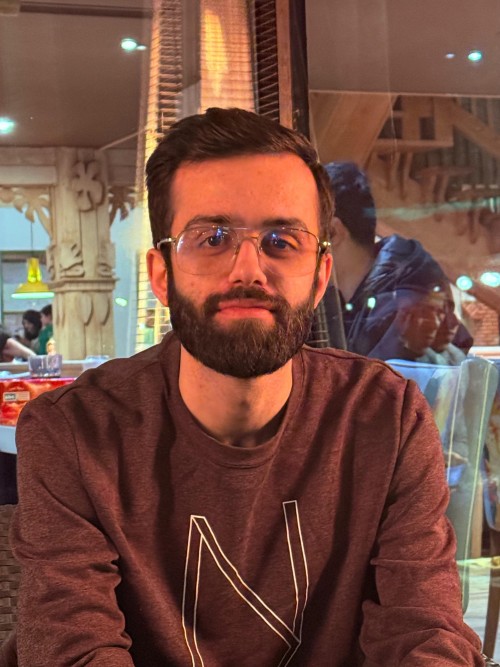
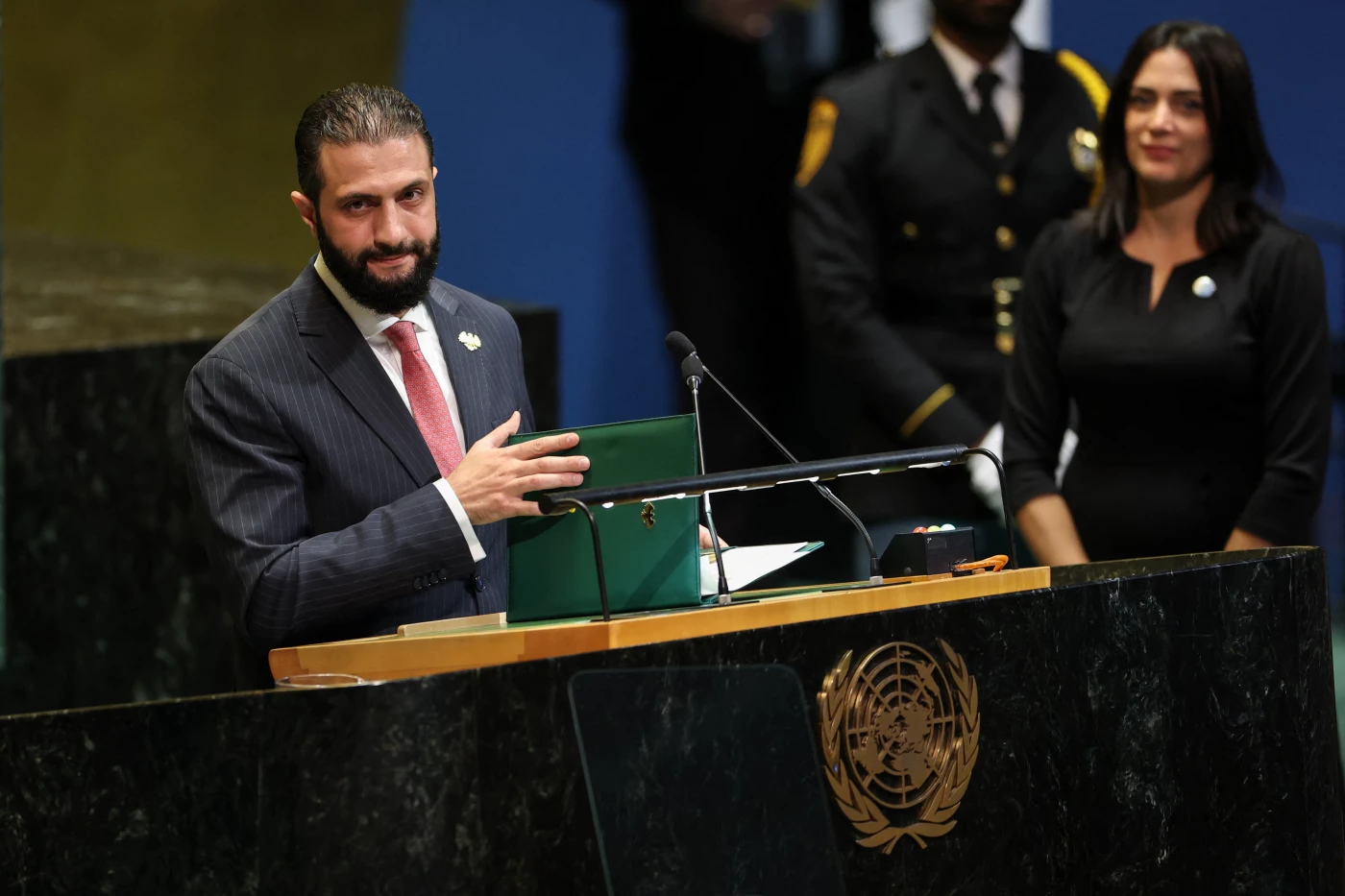
 Facebook
Facebook
 LinkedIn
LinkedIn
 Telegram
Telegram
 X
X
